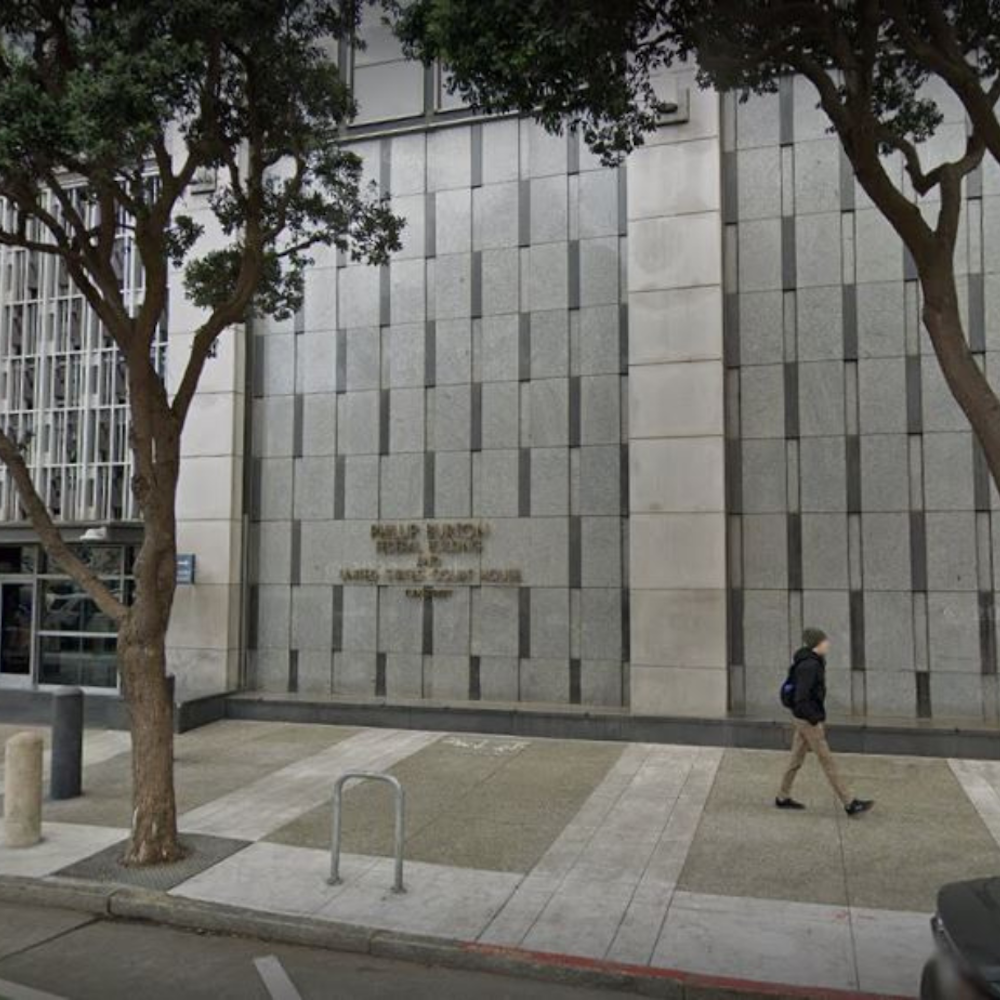
SPRINGFIELD, IL – In a progressive step for worker equality, Illinois mental health professionals called to emergency situations may soon pocket the same benefits as their police counterparts, thanks to a new bill that's zipped through the state House and is barreling toward the Senate. The proposed legislation, which follows the trend of teaming law enforcement with mental health experts during crises, got a nod from the House with an 80-27 vote, as reported by the Chicago Tribune.
State Rep. Lilian Jiménez, a Democrat from Chicago and the bill's main cheerleader, stated, "We're really doing one thing and that is extending benefits to all crisis responders, extending disability benefits, death duty benefits, burial benefits," emphasizing equality for all those stepping into precarious situations. But the road wasn't without bumps; opposition came from GOP ranks, with State Rep. Blaine Wilhour worrying aloud if these non-police helpers get enough law enforcement training to stand shoulder-to-shoulder on the frontline.
Meanwhile, in a unanimous move, the Illinois Senate has lit a green signal on a separate initiative to boost employment among those grappling with mental health or substance disorders, pitching a $2,000 tax credit for companies that hire and sustain these workers for over 500 hours a year. The Patch disclosed the passage of this bill aimed at chipping away the stigmas and providing solid job opportunities within struggling Illinois communities.
Introduced as the Recovery and Mental Health Tax Credit Act by State Senator Laura Fine and flanked by support in the House from Rep. Anne Stava-Murray, the legislation decks out a maximum $2 million from state coffers for the program; this endeavor is cheered on by voices like Jud DeLoss, CEO of the Illinois Association for Behavioral Health, who proclaimed, "Adding a recovery and mental health tax credit to employers' human resources arsenal could help reverse the pandemic-driven loss of workers and to help rekindle their ability to recruit new workers," showcasing the dual benefit of social progress and economic reinvigoration. The slated tax credits aren't just a dollar sign but a beacon of inclusive prosperity that acknowledges the entwined fates of individual recovery and community growth.
With both bills dangling promise, Illinois is tunneling through convention to edge toward a fairer treatment of mental health in the work sphere – be it in the thick of dire emergencies or the everyday struggle to carve out a life after recovery. The future where these professionals and recovering workers earn their rightful place, bolstered by well-deserved benefits and guided by the certain belief in equal stakes – at least in Illinois – may just be around the corner.









